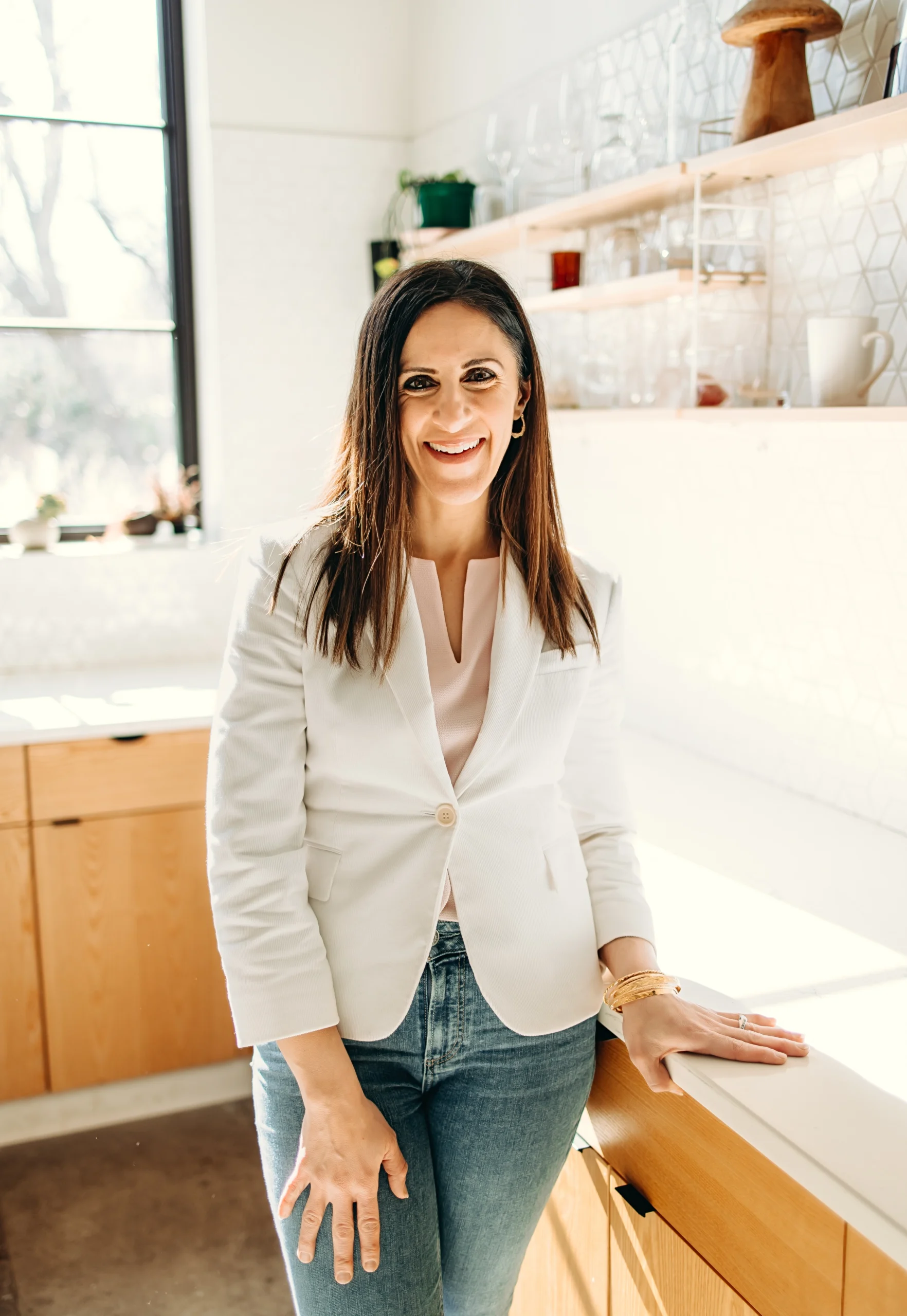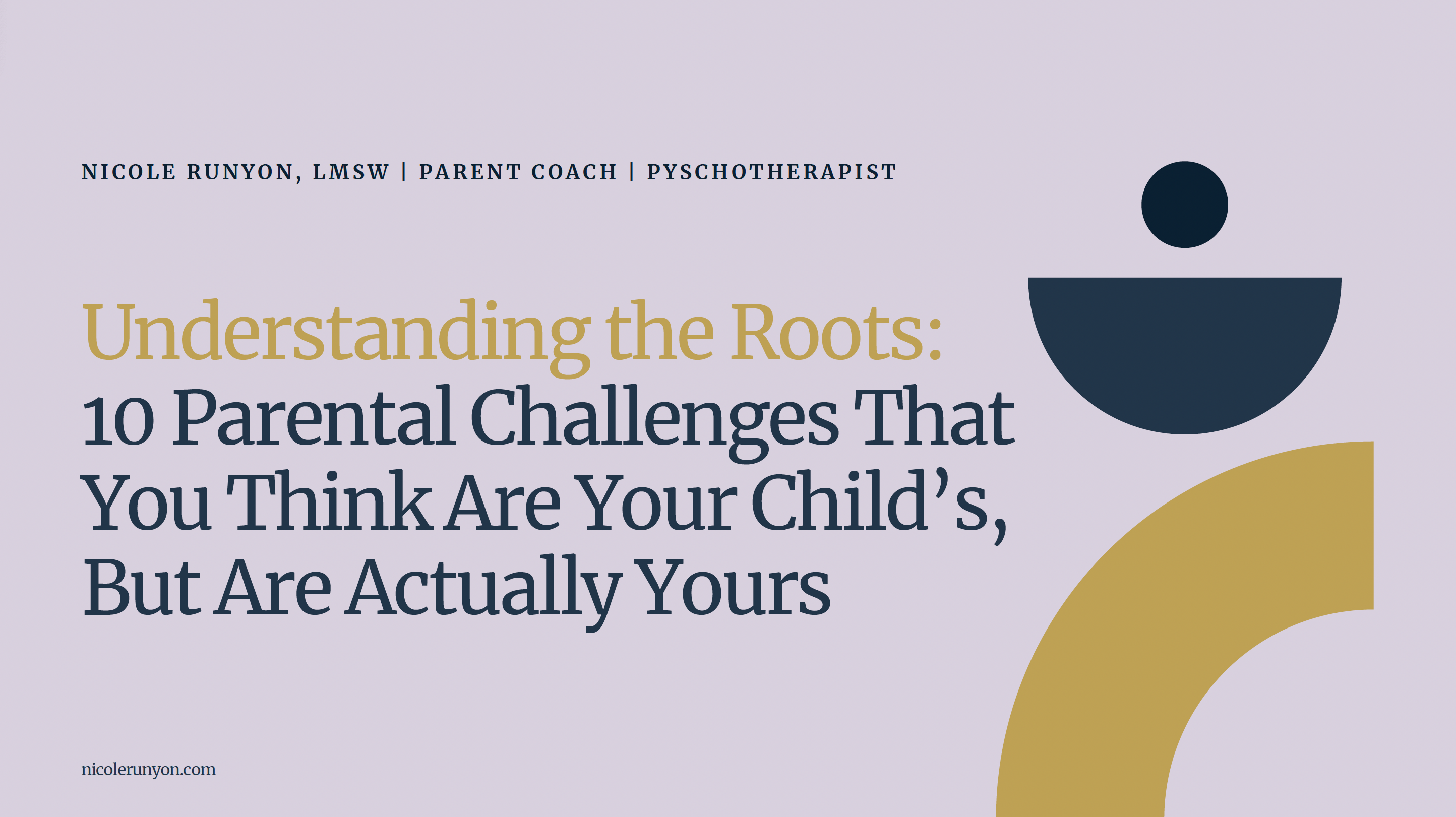Most of the parents I work with have the same initial issues with their children with varying degrees of intensity depending on the age. Today’s children are generally, apathetic, avoidant, irresponsible, anxious, addicted to their devices, angry and unmotivated. Their parents, burnt out and exhausted, feel they do so much for their children to make them happy, and it is never enough. There are often minimal to no boundaries because parents try and put them in place and they are not respected. This leads to parents feeing more responsibility to do the tasks of development for their children because they can’t or won’t do it themselves.
The first thing I do when working with parents is ask them to self-reflect. Evaluate what are their triggers in parenting, where do they struggle with and why. Generally, parents who have children as described above, are parents afraid of their own power. They were never encouraged to see themselves in a strong position grounded in trusting themselves.
When parents give in to apathy, we are sending the message to our children we are powerless. Children need powerful, strong parents to feel safe. Safety is foundational for their growth. Safe parents have boundaries and allow for their children to be uncomfortable. If parents don’t model this for their children the trust erodes in the relationship and children control the family.
They Are Not Suffering, They Are In Pain
Parents are the container for children’s uncomfortable feelings. It’s not your job to take away the feelings, it’s your job to hold the space, be uncomfortable and allow your child to be uncomfortable. You are not here to be make your kids happy. You are here to support them to make themselves happy. Sometimes that means they will be unhappy, bored, uncomfortable, disillusioned, among various other negative feelings. You are the leaders, and the modelers. Not the fixers. Pain is not suffering. Pain is temporary and necessary.
Doing hard things, working through them, building tolerance for pain are all ways for to grow and mature. According to recent neuroscience research, the anterior mid-cingulate cortex is the part of the brain that grows when one does something one dislikes. I see so many parents allowing their children to quit when things get hard. When their feelings are hurt, they become fearful, or they simply don’t want to push themselves out of discomfort. This is a great disservice. Negative feelings, discomfort, anxiety are all normal parts of the human experience. Children need to learn when they are young that they can rely on themselves and work through a temporary problem. This will lead to confident, healthy, thriving adults.

